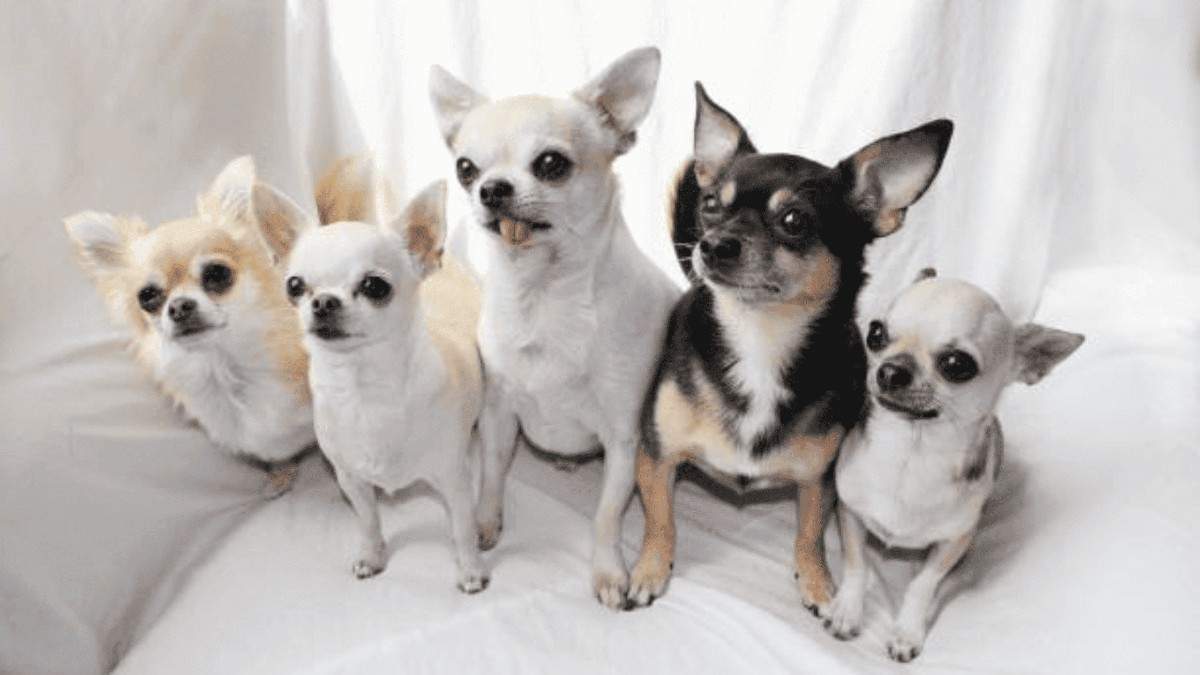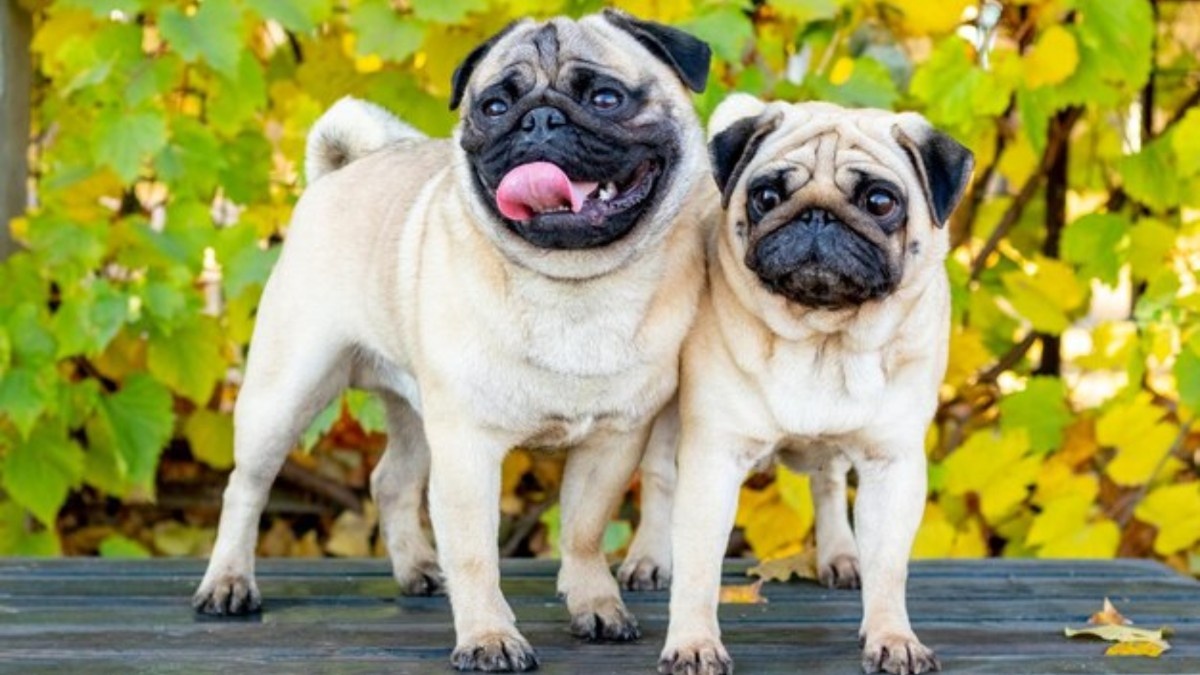The Ultimate Guide to Breeding Chihuahua Dogs
When I first started learning about breeding Chihuahua dogs, I quickly realized it’s not simply about letting two cute pets mate and then waiting for adorable puppies to appear. It’s an intricate process that requires careful planning, health checks, knowledge of the breed, and a deep commitment to the welfare of both the mother and her puppies.
These small yet bold dogs may weigh just a few pounds, but they carry with them a unique set of breeding challenges. Because of their tiny size and delicate frame, breeding Chihuahuas comes with certain risks that larger breeds rarely face. I learned early on that this is not something to be approached casually, it requires preparation, patience, and a good relationship with a trusted veterinarian.
A healthy Chihuahua can live well over a decade, and when bred responsibly, the puppies will inherit not only good looks but also strong genetics and a loving temperament. That’s why in this guide, I’ll share both practical advice and personal experience, covering everything from choosing the right breeding age to caring for newborns and finding loving homes for your puppies.
Choosing the Right Breeding Age and Partner
One of the most important lessons I’ve learned as a breeder is that timing matters. For a female Chihuahua, the ideal breeding age is between two and five years old. Breeding too early, before she’s fully mature, can put her at risk for complications during pregnancy and delivery. On the other hand, breeding too late can reduce fertility and increase health risks.
Before pairing her with a male, I always recommend a full veterinary check-up. This isn’t just a formality, it’s a crucial step to ensure she’s free from genetic conditions such as patella luxation, heart murmurs, or dental issues, all of which are more common in small breeds.
When selecting a male, I look for:
- Good health history (no major illnesses or genetic problems)
- Balanced temperament (friendly, confident, not aggressive)
- Correct breed standards (good proportions, healthy coat, no structural defects)
Matching a healthy female with a well-chosen male greatly increases the chance of producing strong, well-tempered puppies.
Preparing for a Healthy Pregnancy
Nutrition is one of the cornerstones of successful breeding. A pregnant Chihuahua’s body works overtime to support developing puppies, so her diet must be rich in protein, calcium, and essential vitamins.
From my own breeding experience, I’ve found that switching to a high-quality puppy formula dog food around the time of mating works wonders. Puppy formulas are more calorie-dense and nutrient-rich, giving the mother extra energy without needing to eat large amounts (which can be uncomfortable during pregnancy).
Other preparation steps I take include:
- Vaccinations: Making sure she’s up-to-date before breeding to protect both her and the puppies.
- Parasite control: Worming before pregnancy prevents passing parasites to puppies.
- Safe space: Setting up a quiet, comfortable area where she can rest without stress.
A stress-free, well-fed Chihuahua will have a much smoother pregnancy and healthier puppies.
Whelping: The Birth Process
Whelping is one of the most nerve-wracking stages for any breeder, and with Chihuahuas, it can be especially intense. Because of their narrow birth canals and relatively large puppy heads, many Chihuahuas require C-sections.
I’ll never forget the first time one of my females went into labor. She started showing signs like restlessness, panting, and nesting behavior. We had a whelping box ready, but after a couple of hours, there was no progress. I contacted my vet, and within minutes we were on the way for an emergency C-section. Thanks to quick action, both the mother and puppies were fine.
That experience taught me a valuable lesson: Always be prepared for the possibility of surgical intervention. This means:
- Having a vet on standby during the due date window.
- Knowing the signs of trouble: prolonged labor, distress, or abnormal discharge.
Keeping transportation ready in case of emergency.
Caring for Newborn Chihuahua Puppies
Once the puppies are born, the first few weeks are critical. Newborn Chihuahuas are tiny, fragile, and completely dependent on their mother. I make sure they are nursing properly within the first hour after birth to get colostrum, the nutrient-rich first milk that boosts their immunity.
If a puppy is weak or struggling to latch, I use a puppy milk replacer and a small feeding syringe. I weigh each puppy daily to track growth—any weight loss is a red flag that needs immediate attention.
Other newborn care tips:
- Keep them warm: Chihuahuas can’t regulate body temperature well at birth.
- Clean bedding daily: Prevents infections and keeps the area comfortable.
- Limit handling in the first days to avoid stressing the mother.
Understanding Chihuahua Litter Size
One of the unique aspects of Chihuahua breeding is their small litter size. While larger breeds may have six to eight puppies, Chihuahuas usually have one to three. On rare occasions, they might have up to five, but this is uncommon.
While small litters may sound easier, they bring their own challenges:
- Larger puppy size relative to the mother’s body, increasing the chance of birthing difficulties.
- Higher need for individual attention, as each puppy’s health is critical to the overall success of the litter.
- Limited breeding opportunities if you want to keep a puppy from a specific pairing.
For me, this means monitoring the mother’s pregnancy closely and being ready to contact the vet if the delivery stalls or looks difficult.
Socialization and Early Development
A Chihuahua’s personality begins to form in the first few weeks of life. Once their eyes open and they start exploring, I introduce gentle handling and exposure to everyday household sounds TV, vacuum cleaner, doorbell so they grow up confident instead of fearful.
I also make sure puppies interact with humans of different ages and, when safe, other friendly pets. This kind of early socialization creates well-adjusted dogs that are easier for new owners to train and bond with.
Finding Responsible Homes
For me, the hardest part of breeding is letting the puppies go. That’s why I take time to screen potential owners. I ask questions about their lifestyle, past pet experience, and plans for the dog. If someone views the puppy as a novelty rather than a lifelong commitment, I don’t proceed.
I also provide new owners with:
- Feeding guidelines
- Vaccination schedules
- Basic Chihuahua care tips
This ensures my puppies have the best chance at a happy, healthy life in their new homes.
The Emotional Side of Breeding
Breeding Chihuahua dogs is more than a business, it’s a personal journey. There are long nights, unexpected challenges, and moments of pure joy when you see a healthy litter thriving.
For me, the most rewarding part is receiving updates from families months or even years later. Seeing those tiny puppies grow into cherished companions makes every effort worthwhile.
Final Thoughts
Breeding Chihuahuas is a responsibility that demands patience, dedication, and genuine love for the breed. It’s not about producing as many puppies as possible—it’s about raising healthy, well-tempered dogs that will bring happiness to their owners.
If you’re considering breeding, remember: Preparation is your best friend. From selecting the right breeding pair to caring for newborns, every step matters. With the right approach, you can contribute positively to the Chihuahua breed while experiencing one of the most fulfilling journeys in the dog world.
Frequently Asked Questions (FAQs)
Q1. What is the ideal age to breed a Chihuahua?
The best age for breeding a Chihuahua is between 2 to 5 years old, as this ensures physical maturity and reduces health risks.
Q2. How many puppies can a Chihuahua have in one litter?
Chihuahuas usually have 1 to 3 puppies per litter, though larger litters can sometimes occur.
Q3. Are there special health checks before breeding Chihuahuas?
Yes. A veterinarian should check for genetic conditions, heart problems, patella luxation, and dental issues before breeding.
Q4. How long is a Chihuahua’s pregnancy?
A Chihuahua’s pregnancy lasts about 58 to 68 days, with the average being 63 days.
Q5. Do Chihuahuas need help during birth?
Many Chihuahuas require a C-section due to their small size and narrow birth canal, so having a vet ready is important.




Post Comment